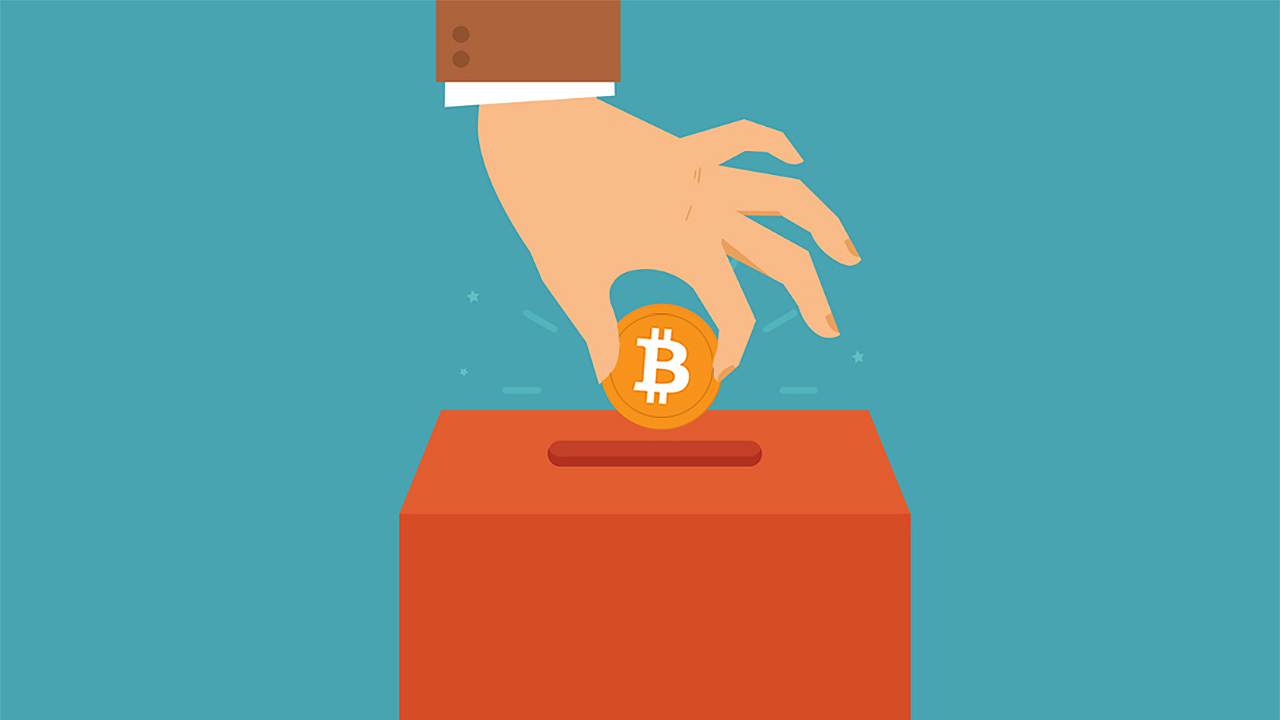Crypto Donations Surge to $238 Million in 2024 Elections, Influencing Political Landscape
05.11.2024 17:00 1 min. read Alexander Stefanov
The 2024 US elections are reshaping the cryptocurrency landscape, with crypto donations exceeding $238 million, outpacing contributions from traditional industries like oil and pharmaceuticals.
This surge may prompt lawmakers in Washington to adopt a more favorable stance toward digital assets.
Federal Election Commission data reveals that these donations primarily stem from individual contributions and super PACs. Major contributors like Coinbase, Ripple, and Andreessen Horowitz have donated over $160 million to support pro-crypto candidates, signaling the industry’s desire for regulatory changes.
Both Donald Trump and Kamala Harris have benefited from this influx of crypto funding, with Trump receiving over $22 million and Harris about $12 million, largely from Ripple’s Chris Larsen. As candidates like Bernie Moreno in Ohio actively court the crypto community, the potential impact of a dedicated crypto voter bloc is becoming clear.
However, this significant spending has drawn criticism, with opponents arguing it threatens to distort democratic processes in favor of favorable regulations for the crypto sector. This situation highlights the complexities and challenges the industry faces as it gains political influence.
-
1
Federal Reserve Chair Jerome Powell Reportedly Weighing Resignation
12.07.2025 21:00 2 min. read -
2
Vitalik Buterin Warns Digital ID Projects Could End Pseudonymity
29.06.2025 9:00 2 min. read -
3
Donald Trump Signs “One Big Beautiful Bill”: How It Can Reshape the Crypto Market
05.07.2025 9:56 2 min. read -
4
Toncoin Launches UAE Golden Visa Program Through $100,000 Staking Offer
06.07.2025 12:04 2 min. read -
5
What’s Driving July’s Crypto Conversations, According to Santiment
05.07.2025 22:00 2 min. read
Stablecoins Now Used in Credit Cards, Putting Bank Deposits at Risk
Stablecoins are no longer just a crypto-native tool—they’re reshaping financial access, payments, and even central banking dynamics.
BitGo Files Confidentially for IPO With SEC
BitGo Holdings, Inc. has taken a key step toward becoming a publicly traded company by confidentially submitting a draft registration statement on Form S-1 to the U.S. Securities and Exchange Commission (SEC).
Crypto Greed Index Stays Elevated for 9 Days — What it Signals Next?
The crypto market continues to flash bullish signals, with the CMC Fear & Greed Index holding at 67 despite a minor pullback from yesterday.
U.S. Public Pension Giant Boosts Palantir and Strategy Holdings in Q2
According to a report by Barron’s, the Ohio Public Employees Retirement System (OPERS) made notable adjustments to its portfolio in Q2 2025, significantly increasing exposure to Palantir and Strategy while cutting back on Lyft.
-
1
Federal Reserve Chair Jerome Powell Reportedly Weighing Resignation
12.07.2025 21:00 2 min. read -
2
Vitalik Buterin Warns Digital ID Projects Could End Pseudonymity
29.06.2025 9:00 2 min. read -
3
Donald Trump Signs “One Big Beautiful Bill”: How It Can Reshape the Crypto Market
05.07.2025 9:56 2 min. read -
4
Toncoin Launches UAE Golden Visa Program Through $100,000 Staking Offer
06.07.2025 12:04 2 min. read -
5
What’s Driving July’s Crypto Conversations, According to Santiment
05.07.2025 22:00 2 min. read


